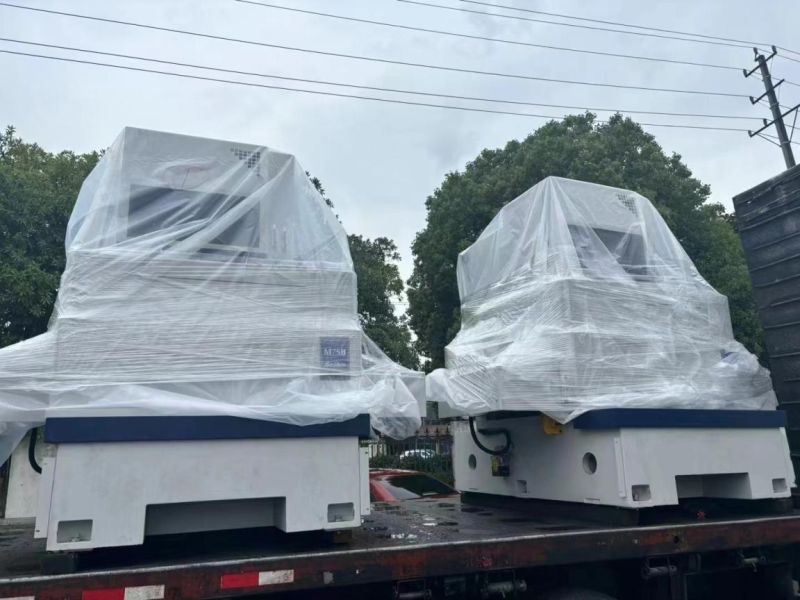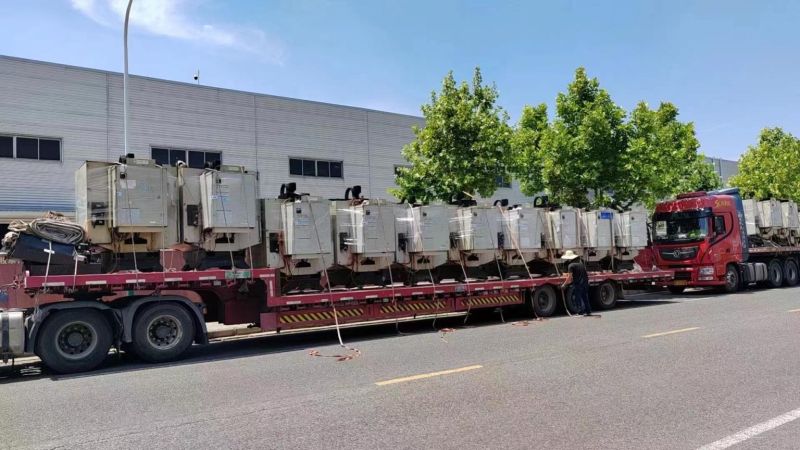Before purchasing used metalworking equipment, there are several important factors and considerations to keep in mind to ensure
you make a good investment. Here's a comprehensive list of things to understand and check:

### 1. **Equipment Condition**
- **Operational Status**: Ensure the machine is in good working order. If possible, see the machine in operation.
- **Maintenance History**: Review the maintenance records to understand how well the machine has been maintained.
- **Wear and Tear**: Inspect the machine for any signs of wear, rust, or damage. Pay special attention to critical components like spindles, bearings, and slides.
- **Upgrades and Retrofits**: Check if any upgrades or retrofits have been done to the machine, which could improve its performance or extend its life.
### 2. **Technical Specifications**
- **Model and Manufacturer**: Research the model and manufacturer to understand the machine's reputation and reliability.
- **Capabilities**: Verify that the machine's capabilities match your requirements (e.g., size, speed, precision, material handling).
- **Compatibility**: Ensure the machine is compatible with your existing equipment and processes.
### 3. **Age and Usage**
- **Year of Manufacture**: The age of the machine can indicate potential longevity and the availability of parts.
- **Hours of Operation**: Check how many hours the machine has been in operation. Machines with high hours may have more wear.
### 4. **Availability of Spare Parts and Support**
- **Spare Parts**: Confirm that spare parts are readily available, especially for older machines.
- **Technical Support**: Ensure that technical support is available either from the manufacturer or third-party providers.
### 5. **Price and Value**
- **Market Value**: Research the market value of similar machines to ensure the asking price is fair.
- **Total Cost of Ownership**: Consider additional costs such as transportation, installation, calibration, and any necessary repairs or
upgrades.

### 6. **Seller Reputation**
- **Seller’s Background**: Check the reputation and reliability of the seller.
- **Warranty or Return Policy**: Understand if there is any warranty or return policy available for the used equipment.
### 7. **Inspection and Testing**
- **Professional Inspection**: If you are not experienced, consider hiring a professional to inspect the machine.
- **Testing**: Run tests to verify the machine's performance and accuracy.
### 8. **Documentation**
- **Manuals and Documentation**: Ensure you receive all necessary manuals, schematics, and documentation.
- **Ownership Records**: Verify the ownership history and ensure there are no legal issues with the machine.
### 9. **Regulatory Compliance**
- **Safety Standards**: Ensure the machine complies with local safety and regulatory standards.
- **Environmental Regulations**: Check if the machine meets any environmental regulations applicable to your region.
### 10. **Future Needs**
- **Scalability**: Consider whether the machine can be upgraded or modified to meet future needs.
- **Resale Value**: Think about the potential resale value if you plan to upgrade your equipment in the future.
By thoroughly investigating these aspects, you can make a well-informed decision and purchase used metalworking equipment that
meets your needs and provides good value.









